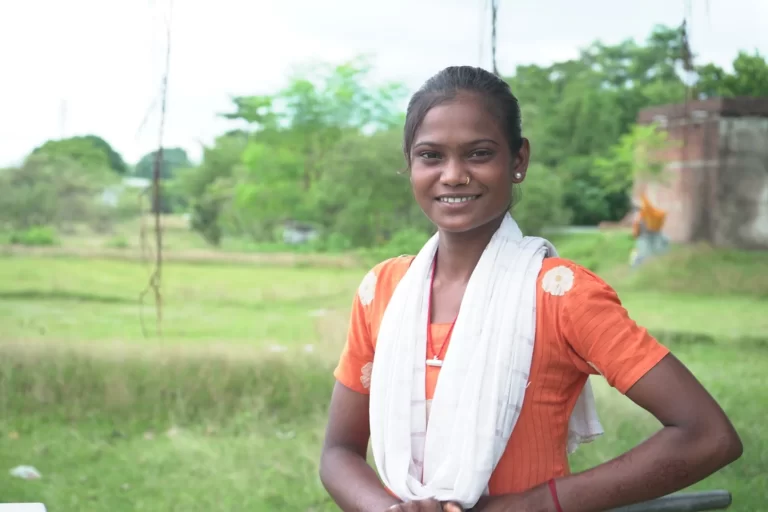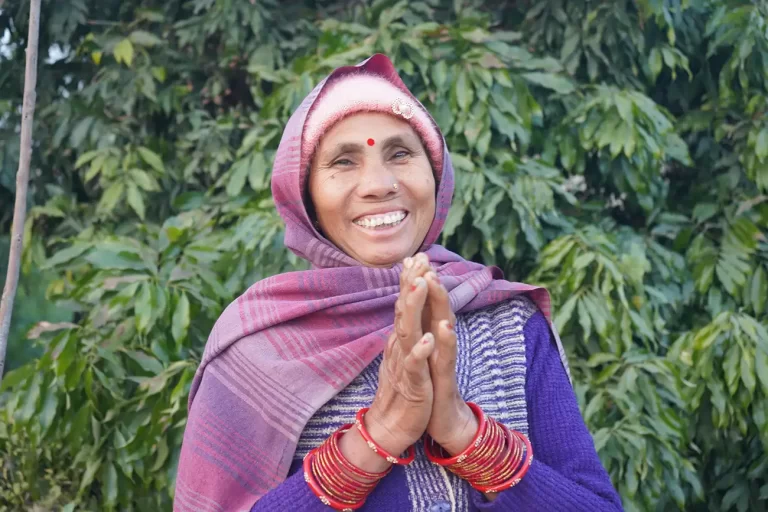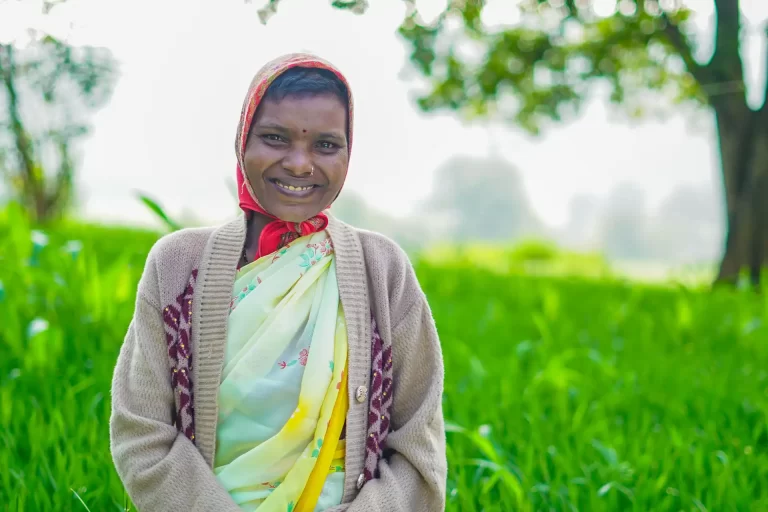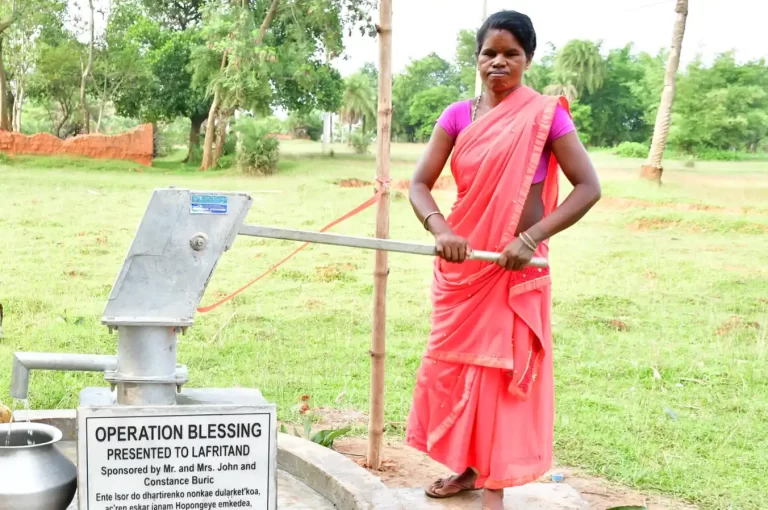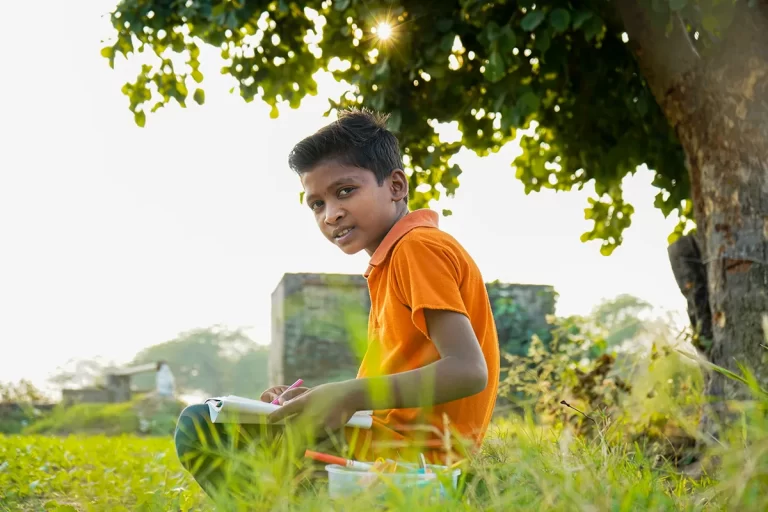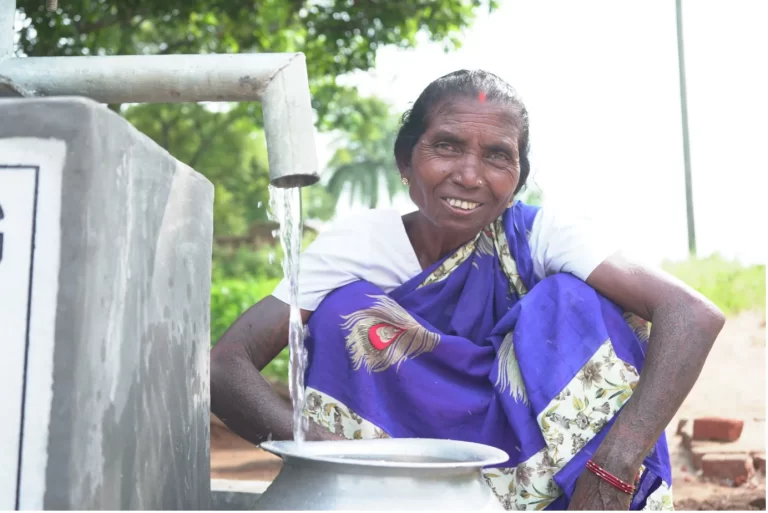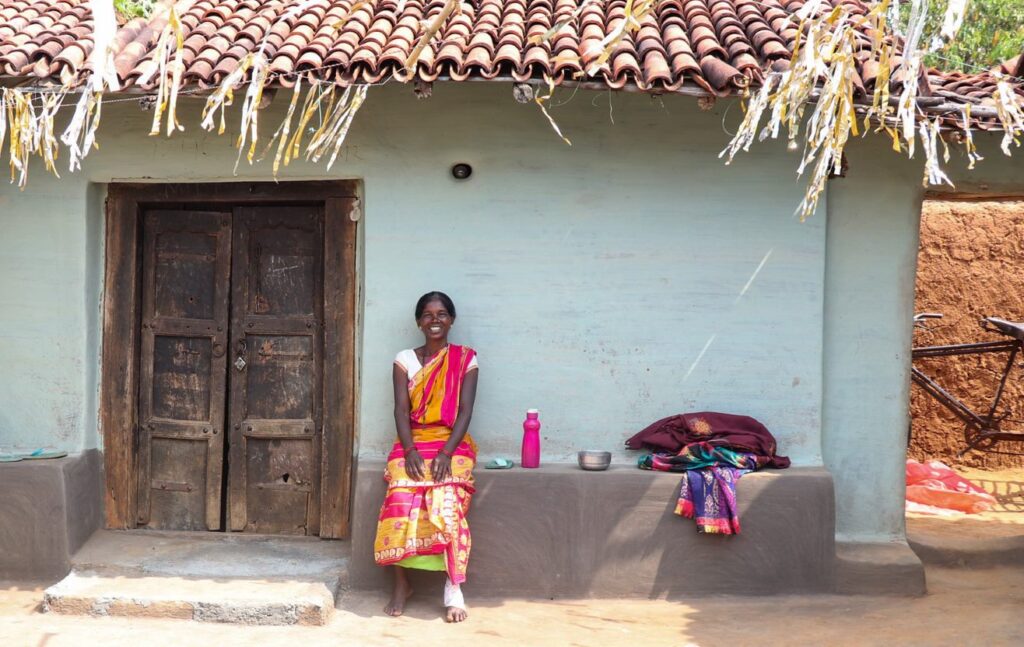JAIPUR, INDIA – Mira Devi, a 45-year-old mother of three lives in Jagathpura with her bedridden husband. She works as a daily wage labourer, earning approximately Rs. 300 per day (a little less than $4). Mira Devi has recently been complaining of severe stomach pain and uneasiness. In the ultrasound, that a doctor at the Operation Blessing Clinic prescribed her, showed fibroids in her uterus. She was informed that they would need to be removed surgically.
Being the only breadwinner for a family of five, the thought of going in for a surgery worried her. For many daily wage labourers, like Mira Devi, every single day’s wage makes the world of a difference to their lives. Missing even a single day of work can result in less or no food on the table. Opting for life-improving surgery is not a decision Mira Devi can take on without a lot of deliberation.
A DOOR OPENS
Mira Devi learnt about Operation Blessing’s Permanent Medical Treatment Centres (PMTC), and how they provide clean, hygienic and timely medical treatments. Because of generous partners like YOU Mira Devi wouldn’t need to stand in endless queues at Government hospitals only to receive an appointment for weeks into the future. Nor does she have to undergo expensive treatment. The option of treatment at the PMTC gives hope to Mira Devi who could not dream of expensive treatment on her own meager wages.





